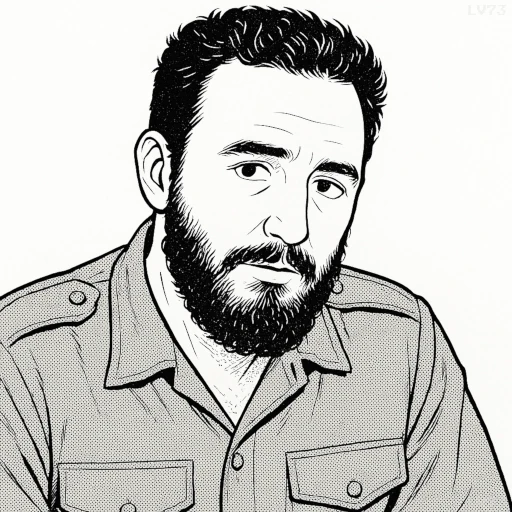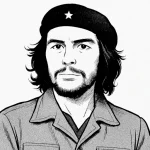“I don’t think it is so difficult to solve the problems between Cuba and the United States; it all depends on whether there is a dialogue, a discussion, or if the prejudices and hatred of people like the extremists and terrorists from the Cuban community, who try to impose their policies, prevail.”

- August 13, 1926 – November 25, 2016
- Cuban
- Revolutionary, Prime Minister and President of Cuba, Communist Leader
table of contents
Quote
“I don’t think it is so difficult to solve the problems between Cuba and the United States; it all depends on whether there is a dialogue, a discussion, or if the prejudices and hatred of people like the extremists and terrorists from the Cuban community, who try to impose their policies, prevail.”
Explanation
This quote highlights Fidel Castro’s belief in the potential for reconciliation between Cuba and the United States, while also identifying the major obstacle: entrenched hostility and political pressure from anti-Castro factions within the Cuban exile community, particularly in the United States. By stating that the solution is not “so difficult,” Castro signals that diplomatic progress is possible—but only if open dialogue and mutual respect are allowed to guide the process. The key condition, he stresses, is whether discussion prevails over hatred and prejudice.
Historically, relations between Cuba and the United States were shaped not only by governments, but by the highly influential Cuban-American lobby, especially in Florida, which supported policies such as the embargo, travel restrictions, and diplomatic isolation. Castro’s reference to “extremists and terrorists” reflects his condemnation of violent anti-Cuban groups that operated from U.S. soil during the Cold War and were, at times, linked to covert activities against the Cuban government.
In the modern context, the quote remains relevant as a critique of politicized obstructionism in foreign policy. It suggests that genuine engagement requires moving beyond historical grudges and ideological rigidity, especially those fueled by exile politics or partisan agendas. Castro’s message is ultimately one of conditional optimism: that peaceful coexistence between nations—even those with deep tensions—is possible, but only if reasoned dialogue replaces entrenched enmity.
Would you like to share your impressions or related stories about this quote in the comments section?


